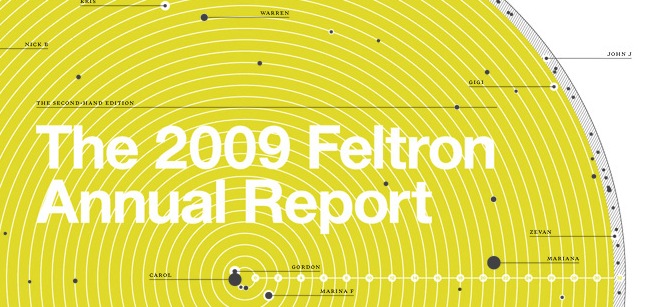Boot camp: (In)Corporations of Fairy Tales in ABC’s Once Upon A Time
Moretti argues there is at least one “consequence of [the network model] approach: once you make a network of a play, you stop working on the play proper, and work on a model instead: you reduce the text to characters and interactions, abstract them from everything else, and this process of reduction and abstraction makes Read More
